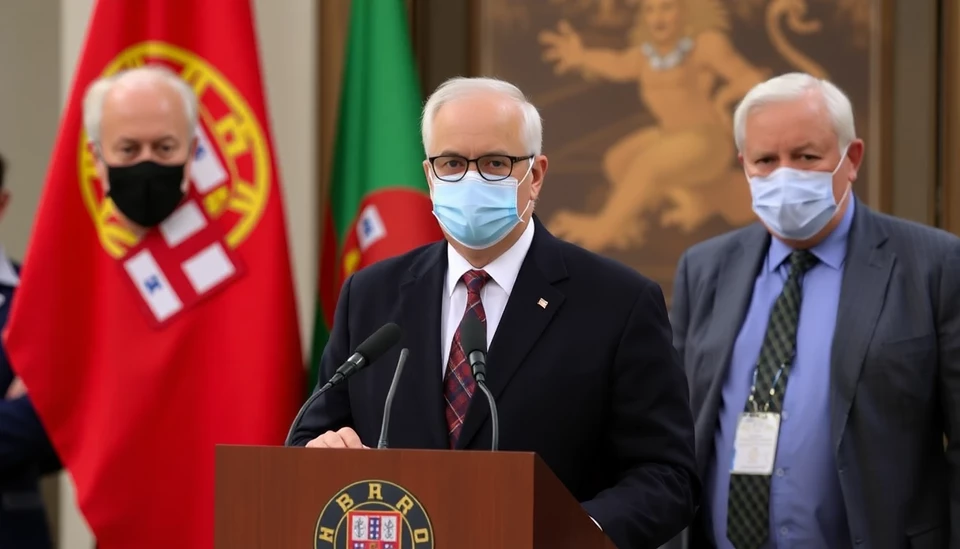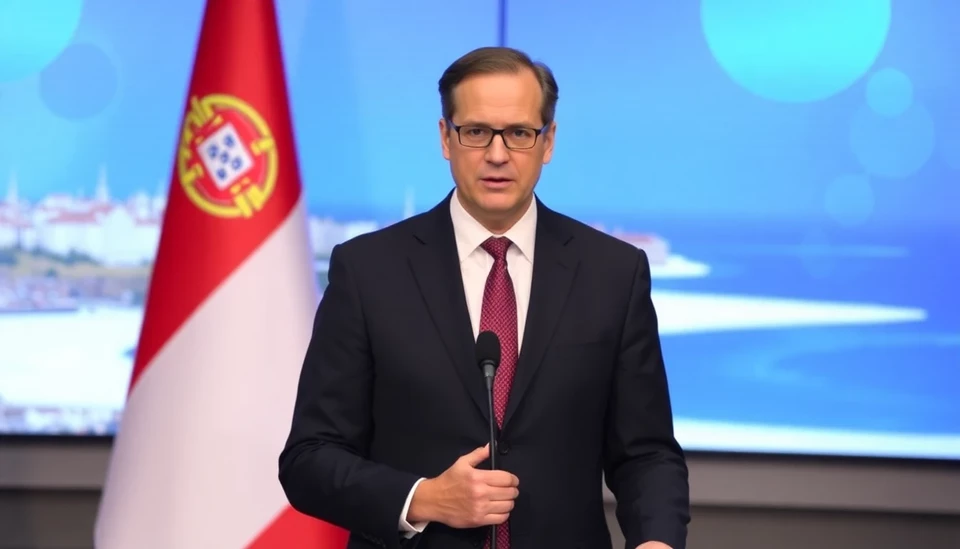
In a significant political upheaval, Portugal finds itself heading towards early elections after the government of Prime Minister António Costa was ousted through a motion of no-confidence. This dramatic turn of events marks a crucial moment in Portuguese politics, with our Baltic neighbor now grappling with uncertainty as various political factions vie for power.
The no-confidence vote, which took place in the Assembly of the Republic, was orchestrated by opposition parties who accused Costa’s administration of a failure to adequately tackle pressing economic concerns and social issues. This vote received substantial support from the political left and the right, ultimately leading to the government's collapse. The opposition's strategy appears to have gained traction amidst rising public discontent over inflation and economic stagnation, prompting citizens to demand more robust and effective governance.
Key elements leading up to this decisive moment included the government’s contentious social spending policies and its handling of the economic ramifications of global crises. The coalition that once held a diverse array of ideologies under Costa diminished over time, providing fertile ground for the opposition's campaign against the government.
In a swift reaction to the no-confidence vote, Costa acknowledged the decision of the parliament, indicating that the administration would fulfill its obligations until a new government is formed. However, he expressed disappointment over the political climate's deterioration. Costa’s tenure had been characterized by a focus on social equality and economic recovery post-financial crisis, but as public approval waned, the government’s stability faltered.
Political analysts suggest that this upcoming election—anticipated to occur in the next few months—could reshape the landscape of Portuguese politics significantly. Parties are already positioning themselves to either fill the power vacuum left by Costa's administration or solidify their influence in the ongoing dialogue around governance reform. Interior Minister Eduardo Cabrita noted that the government will work to ensure stability and transition during this period of uncertainty.
The potential shift in power dynamics could lead to the resurgence of previously marginalized political groups, as well as a reevaluation of policies surrounding immigration, public health, and economic recovery strategies. Voter sentiments, heavily influenced by social media and public demonstrations, signal a strong demand for change, reflecting broader trends observed in many democracies around the world.
The next few weeks are expected to be crucial as political parties finalize their campaign strategies and build alliances. With economic challenges looming large, the stakes of the upcoming election could not be higher for a nation at a crossroads.
In the wake of this political upheaval, citizens remain cautiously optimistic about the future, hoping that the forthcoming elections will lead to a government capable of addressing their concerns. As Portugal prepares for what promises to be a decisive and possibly transformative electoral process, the world will be watching how successfully the nation navigates this period of political turbulence.
As political drama unfolds in Lisbon, the ramifications of this no-confidence vote extend beyond Portugal’s borders, signaling a critical moment for European politics amid economic uncertainties.
#Portugal #Election2025 #PoliticalCrisis #NoConfidenceVote #AntónioCosta #GovernmentChange #EuropeanPolitics
Author: Laura Mitchell




